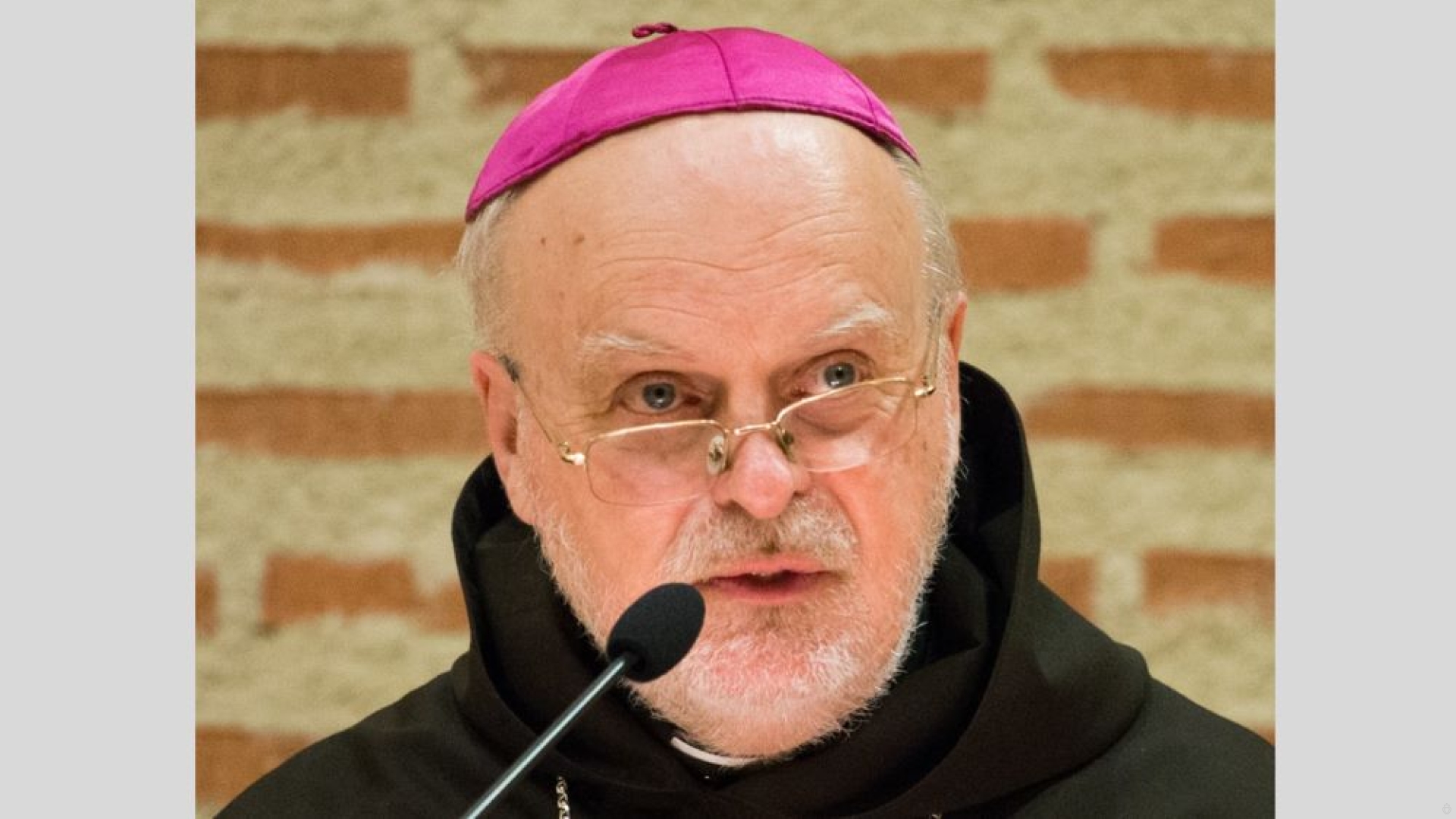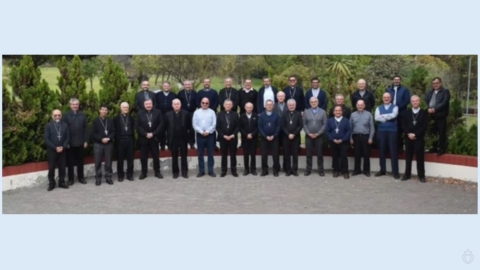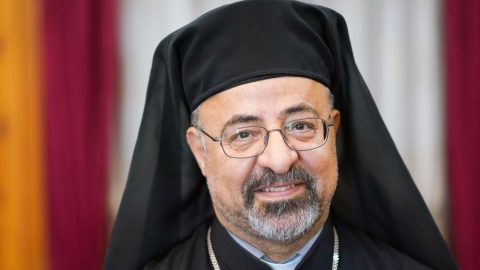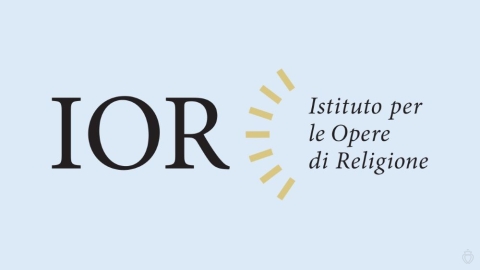Synodal Path: Swedish Opposition

Cardinal Anders Arborelius
The first Scandinavian cardinal in history, at the head of a growing Swedish Church, Bishop Anders Arborelius warns against the direction taken by the German Synodal Path and calls for maintaining the teaching of the Church.
“The German voice is not the most important with regard to the universal Church.” Such criticism must hurt somewhat across the Rhine. Firstly because the links between the Church in Germany and the Swedish Catholic minority – less than 2% of the total population, which has been growing for several years – are historically very strong: from the beginning and until 1998 , all the prelates of the country were German.
But also because Anders Arborelius – the first Scandinavian Catholic bishop appointed bishop of Stockholm in 1998, then created cardinal in 2017 – chose to become a Catholic at the age of 20, and to leave Lutheranism, still a state religion in land of St. Bridget. And he does not wish to see the German Church take the path of Lutheran reform which he himself left.
Finally, a criticism that is all the more unexpected, because it does not come from a high prelate suspected of traditionalism: the cardinal follows in the wake of the conciliar reforms, which makes his intervention all the more painful, and we hope, effective, across the Rhine.
When asked about the direction taken by the German Synodal Path, the porporato warns: “It is not possible to take a particular path, on the pretext that they would be a national Church, as Luther had once thought. German Catholics must do everything to continue walking with the universal Church.”
And Msgr. Arborelius takes as an example the attitude of the Catholic minority in his country: “Catholics in Sweden strive to deepen their faith personally in order to survive as Catholics. It is not so easy to live as a Catholic in a post-Lutheran and secular society. This makes their Catholic beliefs all the stronger. The converts seek what the Church can offer them, they do not come to change the Church, but on the contrary so that she enriches them.”
On the demands of the synodal path concerning the celebrations in the church of unions between people of the same sex, the bishop of Stockholm also warns his German colleagues: “It is fundamental to understand that man remains what he is from a biological and theological point of view.”
“Of course, man remains free, but the Church wants to help him to live in the presence of God, to be happy, that is why she gives him commandments: these are a help for us, we need to study them and go deeper into the teaching of Scripture and Tradition. Then we will better understand the position of the Church.”
And the cardinal drives the point home: “Fundamentally, the human being is either man or woman. God wanted us that way. Even if the man and the woman think they can choose a different sex, each remains as he is.”
When asked what the Church in Germany needs at this time, the high prelate wants to be lucid: “She needs a miracle of the Holy Spirit. This is my greatest hope, because I have great love for German Catholics. But it is precisely in the most difficult situations that miracles can happen.”
Nor is the Scandinavian cardinal's final warning lacking in flavor: “The Church must strive to speak of Christ and His teachings and to go out to the world with the message of Christ, instead of speaking of herself. The world needs the message of Christ. If we can't give it to them, then the synodal process has somehow failed.”
It is a remark capable of hitting the mark well beyond Germany. And one that the unconditional champions of the synodal process and other experts in conciliar aggiornamento will appreciate.
Related links
(Source : Die Tagepost – FSSPX.Actualités)
Illustration : Frankie Fouganthin, CC BY-SA 4.0, via Wikimedia Commons





